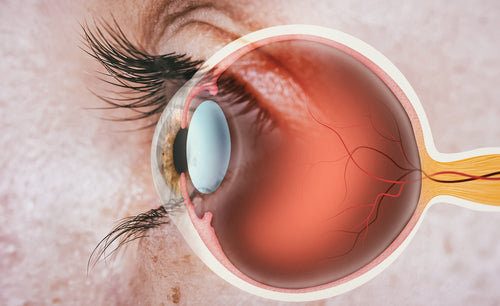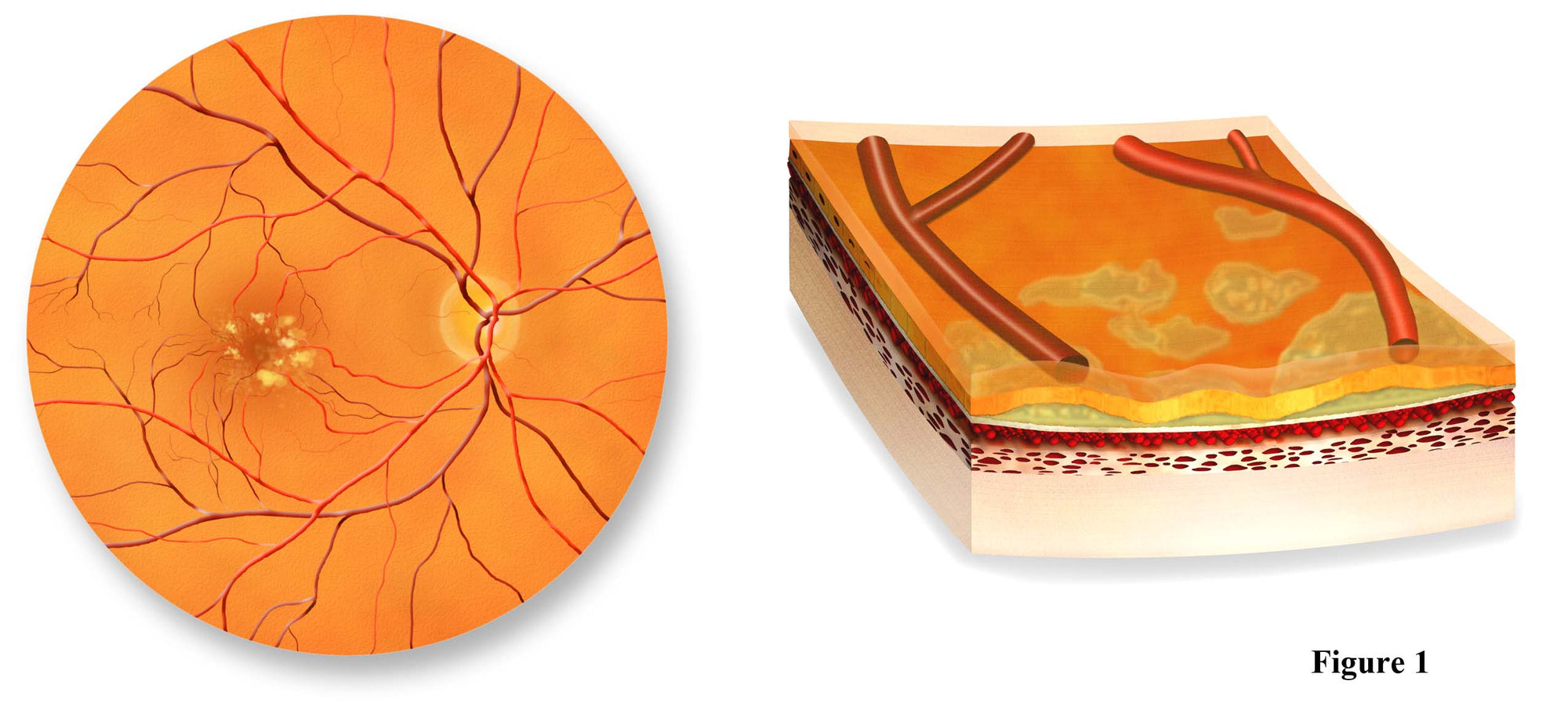In a historic "first", scientists were able to revive light-sensing cells in a donor's eyes, five hours after death.
 It was previously thought that reviving photoreceptors (light-sensing cells) was impossible once they were dead.
It was previously thought that reviving photoreceptors (light-sensing cells) was impossible once they were dead.
When it comes to transplanting tissues from the central nervous system, such tissues rapidly lose their viability once circulation in the donor ceases, which hampers their potential for transplantation.
Scientists realized that a lack of oxygen was the reason why the photoreceptors were unable to be revived and communicate with other cells within the retina. The retina collects light and sends images to the brain.
Using the retina as a model of the central nervous system, researchers at the John A. Moran Eye Center at the University of Utah and Scripps Research examined the forces and energy associated with death.
It is hoped that this new finding will open up possible therapies to reverse vision loss due to macular degeneration and other neurodegenerative conditions.














